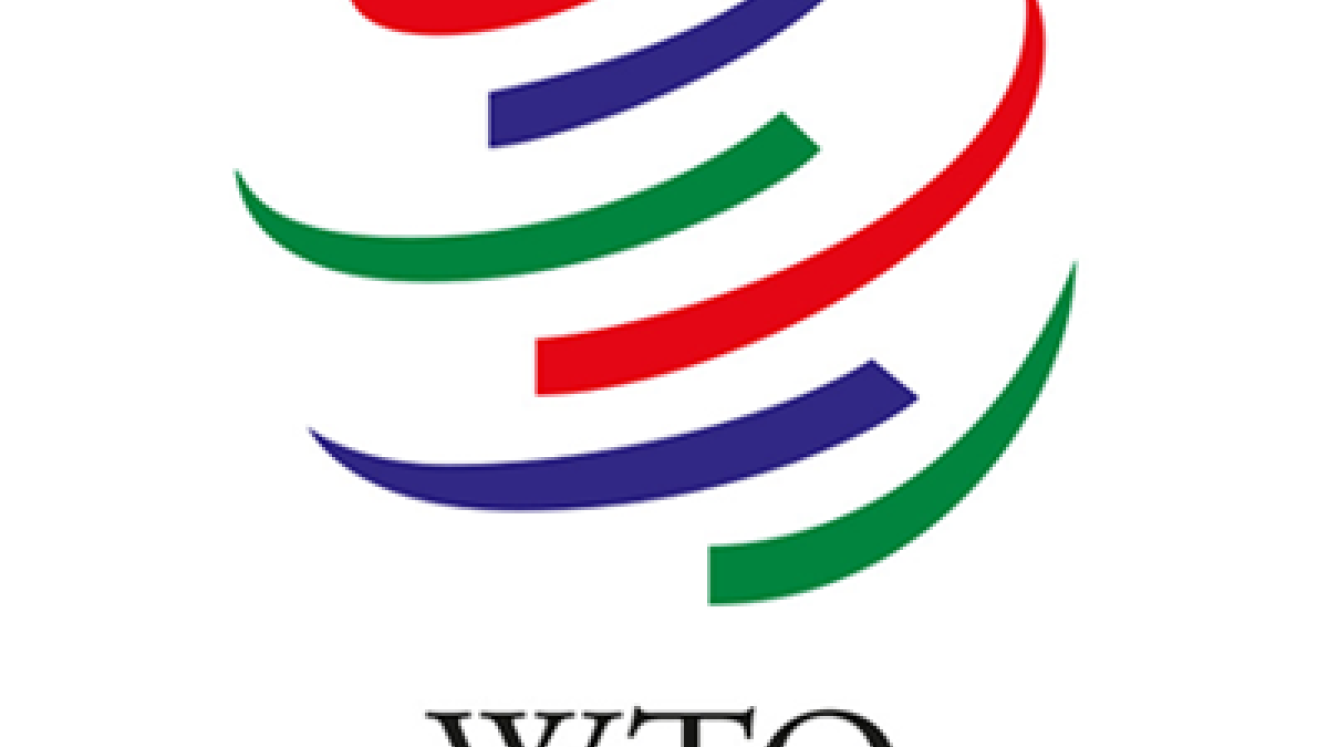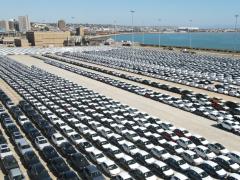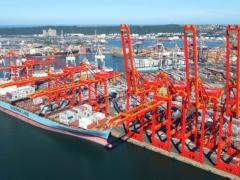There’s been a marked slowdown in the number of trade-restrictive and trade-facilitating measures adopted by World Trade Organization (WTO) members over the past year, according to a report just released by the organisation.
The report points out that the decrease in regular measures between mid-October 2019 and mid-October 2020 was mainly the result of the sharp decline in overall global trade since the Covid-19 outbreak. There have however been numerous trade-facilitating and support measures introduced in response to the economic downturn in order to ensure a solid economic recovery.
"The regular monitoring of support measures introduced in the context of the pandemic will be important for members and will enable them to track the evolution and effects of such measures as the world exits the health crisis and enters a recovery period,” said WTO deputy director-general, Yonov Frederick.
Although world trade was slowing before the Covid-19 outbreak, merchandise exports in nominal USD terms were down 21% in the second quarter of 2020 compared to the previous year, while commercial services exports were down 30%.
The report notes that WTO members and observers introduced the lowest number of "regular" trade-related measures since 2012 - that is, those unrelated to the pandemic. The trade coverage of import-facilitating measures over the past year stood at US$731.3 billion (up from US$ 544.7 billion in the previous period) while that of import-restrictive measures came in at US$440.9 billion (down from US$746.9 billion). This was likely a result of the sharp decline in overall global trade flows, governments shifting attention towards fighting the pandemic, relative easing of bilateral trade tensions that had elevated the trade coverage of import restrictions in earlier reporting periods, and a general commitment to keep trade flowing.
A significant amount of global trade was affected by trade measures directly linked to the pandemic, the report reveals. Covid-19-related trade-facilitating measures implemented since the beginning of the pandemic covered an estimated US$227 billion of goods trade, while Covid-19 trade-restrictive measures covered trade worth US$180 billion. Of the 335 Covid-19 trade and trade-related goods measures recorded since the outbreak of the pandemic, 58% were of a trade-facilitating nature and 42% were trade restrictive.
Over 1 000 support measures in direct response to the pandemic were put in place up to mid-October and were collectively worth several trillion US dollars. The report indicates that the number and variety of support measures implemented in response to the economic and social turmoil caused by Covid-19 is greater than that witnessed during the 2008-09 global financial crisis. These emergency support measures are central to governments’ strategies to address the pandemic-induced economic downturn, appear to be temporary in nature, and are important in preparing the ground for a sustainable recovery in which trade can play an important role.













